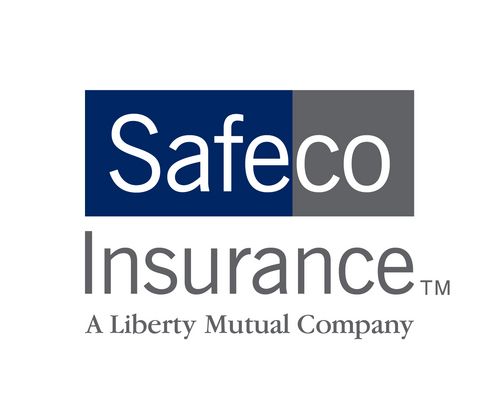 A homeowner has filed a class action lawsuit against Safeco Insurance Company of America over the company’s refusal to pay for costs related to asbestos testing.
A homeowner has filed a class action lawsuit against Safeco Insurance Company of America over the company’s refusal to pay for costs related to asbestos testing.
Lead plaintiff, Arizona resident Joshua Berry, alleges in his class action lawsuit that he made an insurance claim to Safeco under his homeowner’s policy with the company. Berry alleges that Safeco accepted the coverage, but refused to pay for costs associated with asbestos testing and content manipulation in violation of Arizona insurance law.
Berry further alleges in the insurance class action lawsuit that Safeco refused to pay this cost because it argued it was included as a “General Contractor Overhead and Profit” (GCOP) cost and not what the company considered a direct cost to the plaintiff that it would cover.
According to the Safeco class action lawsuit, Arizona insurance law requires that the actual cost value of an insurance payout includes “the amount it would currently cost to repair or replace covered property with new material of like kind and quality.” Berry also alleges that Arizona courts have required insurance companies to include GCOP and other costs.
Berry alleges that Safeco has “systematically” reduced payments on insurance claims. Further, Safeco, and its parent companies “have done so through a deliberate company policy and practice, rather than miscalculation, honest mistake, bad judgment or negligence,” according to the Safeco class action lawsuit.
The insurance class action lawsuit alleges that Safeco improperly and deliberately refuses to pay other costs in violation of Arizona statute and case law, including costs for taxes and temporary toilets. “Not only do Defendants improperly treat GCOP as a [Pay When Incurred “PWI”] cost under the Exclusion Practice, Defendants also treat sales tax, architectural/drafting fees, engineering fees, insurance, permits & fees, temporary power usage and temporary toilet as PWI costs, excluding them from ACV payments,” Berry alleges.
According to the insurance class action lawsuit, Safeco “refuse[es] to include these elements in their ACV computations unless and until the insured actually incurs the costs when repairing or replacing the Building Property.”
The plaintiff also alleges that Safeco’s “field specialists” have “affirmed and reaffirmed” this practice, indicating it is not an honest mistake, but a bad faith interpretation of the law.
In the class action lawsuit, Berry contends that Safeco’s “implementation of their company-wide practice (which they knows is based on incorrect, unreasonable, and bad faith interpretation of the relevant coverage provision in its insurance policy) has led to a systematic practice of undervaluing ACV claims, and a systematic practice of paying ACV claims for less than the amount to which its insureds are entitled.”
Berry seeks to represent a Class of Arizona Safeco Insurance policy holders who were denied costs in violation of Arizona Insurance law. The plaintiff is seeking monetary damages for the Class Members, along with declaratory and injunctive relief and attorney’s fees and costs.
Berry is represented by Joseph W. Walkens.
The Safeco Insurance Coverage Class Action Lawsuit is Berry v. Safeco Insurance Company of America, Case No. CV2015-094615, in the Superior Court of the State of Arizona, Maricopa County.
ATTORNEY ADVERTISING
Top Class Actions is a Proud Member of the American Bar Association
LEGAL INFORMATION IS NOT LEGAL ADVICE
Top Class Actions Legal Statement
©2008 – 2025 Top Class Actions® LLC
Various Trademarks held by their respective owners
This website is not intended for viewing or usage by European Union citizens.















One thought on Safeco Faces Class Action Over Home Insurance Payouts
My rental property in California suffered a leakage of water heater leading to mold damage on a portion of garage wall. I contacted Safeco in May, 2016. A contracted inspector has inspected the damage and a Service Master representative has also inspected the damage and made an estimate about $5,000. They were submitted to Safeco by the end of May. In June, I received a call from one of the insurance adjuster telling me that he determined the mold damage was old and Safeco will deny the payment. I sent an e-mail rebuttal in middle of June but has not received any response. Should I go ahead hiring a contractor to fix the mold damage before it gets worse (which I believe it has) and file a class action lawsuit as the above case? Please advise me. Thank you.